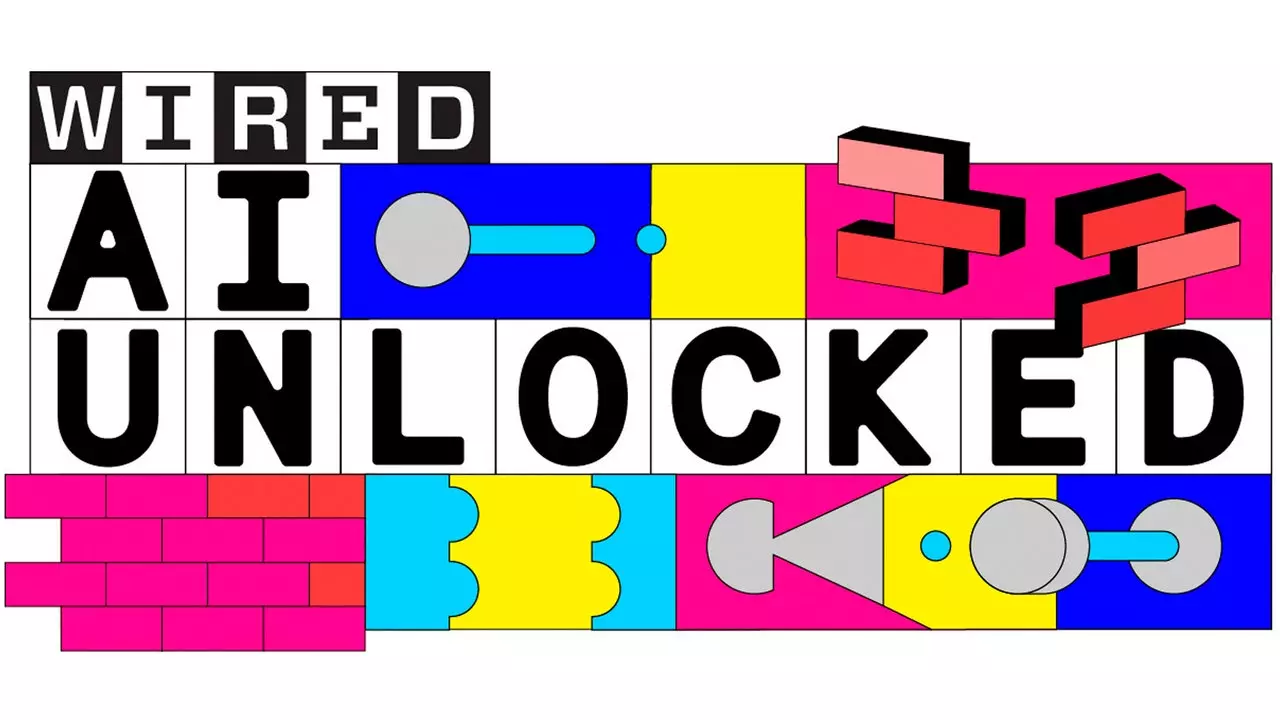Recently, we held our second live Q&A session dedicated to the intricate world of artificial intelligence, and the turnout was nothing short of impressive. It was truly rewarding to see numerous participants engage actively, submitting a plethora of questions both in advance and during the event itself. For those who were unable to join us live, there is no need to worry—this session has been recorded and is now accessible for WIRED subscribers at their convenience. It’s a testament to the growing interest in AI and the significance of fostering open discussions on its applications and implications.
The session kicked off with live demonstrations showcasing the innovative capabilities of AI chatbots, specifically focusing on their image and voice functions. One highlighted feature was ChatGPT’s Advanced Voice Mode, which offers a unique avenue for language acquisition, reminiscent of the popular educational platform, Duolingo. This tool not only broadens the scope of practical language learning but also exemplifies how AI can enhance educational methodologies. We discussed how such tools are increasingly relevant in today’s technological landscape, creating engaging and interactive experiences for learners.
As the session progressed, we addressed a number of live inquiries that delved deeper into the ethical considerations surrounding generative AI. An interesting focal point of our conversation revolved around proper attribution when utilizing AI tools and strategies for educating younger generations about artificial intelligence. These dialogues are crucial, as they not only illuminate the challenges we face in harnessing this technology but also underscore the importance of instilling a strong ethical foundation in future AI developers and users.
For those looking to expand their understanding and practical use of AI, I encourage them to explore an interview with Raiza Martin, a former senior product manager at Google. Her insights into NotebookLM—an innovative project she co-developed—present fascinating use cases for AI-assisted note-taking. The way this tool uses AI to synthesize information and create podcasts is a remarkable illustration of how we can leverage technology to enhance productivity and creativity in diverse fields.
As we prepare to wind down for the holiday season, we are already looking forward to the next phase of our AI discussions. Mark your calendars for our upcoming livestream on January 16, where we will continue to dissect complex AI topics and address your burning questions. We invite you to remain inquisitive and proactive in your learning journey—season two of our AI Unlocked newsletter will be opening new doors for exploration and practical experimentation with various AI tools.
The journey into the world of artificial intelligence is just beginning, and the dialogues we cultivate now will shape its future. I eagerly anticipate seeing everyone in the new year, ready to further unravel the complexities of AI together.

